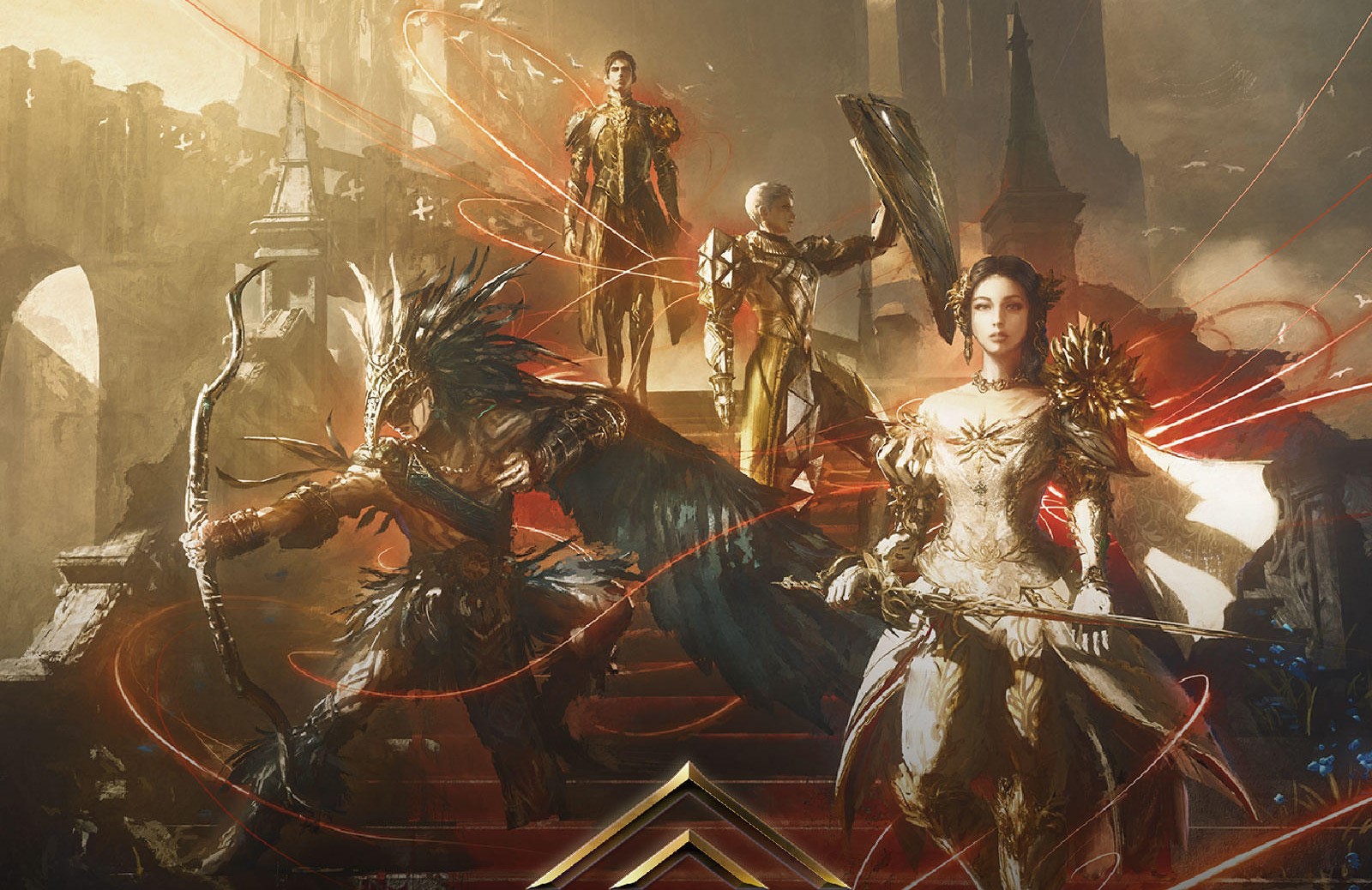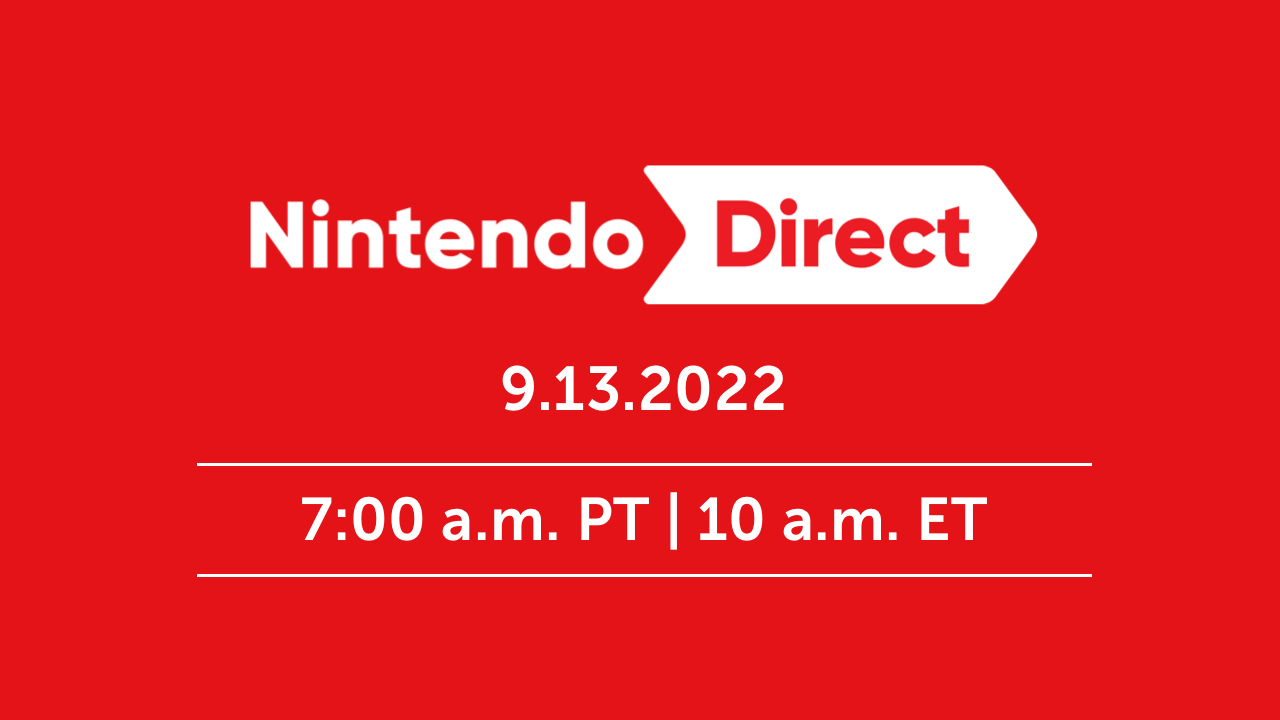Babylon’s Fall had the makings of a great game. It had exceptional art direction and an amazing aesthetic. It had Platinum Games, with all their talent for combat design, giving us a new action experience with some interesting mechanics, and it had an intriguing setting and hits of what could have been a great narrative. The Tower of Babel is one of the most fascinating concepts of mythology and, as you went through its various layers, you were left with the impression that there could have been something special about this game.
However, less than one year after launching, Babylon’s Fall is being brought to an end. In a move that will surprise no one, given that the online-only game had just one player online at one point, just two months after launch, the publisher has already announced the end of service. As of February 2023, the servers will be shut off and the game will be completely unplayable (including in single-player) after that point. It lasted less than a year.
As Matt R and I said in our review at launch, Babylon’s Fall was “a great game shoved into a poor one.” Had it been the single-player and story-driven experience it very clearly was at one point, it could have been something special. Instead, the compromises that Platinum made to shove it into a live service model undid any goodwill that you might have had with the game going in, leaving it feeling like a shallow and infuriating, incoherent and pointless mess. All because Square Enix wanted to take a gamble on being the next big thing.
They’re by no means the only one. EA wanted its own live service, and while it had success with Apex Legends, it almost ruined BioWare in pushing it into making one in Anthem. Bethesda’s efforts to make a live service Fallout barely scraped by, and that was only after spending God knows how much money and resources on brute forcing it into something that enough people wanted to play. Who knows how many smaller publishers have quietly let their own live service efforts fade into obscurity? It’s hard to keep up with them all these days.
Sadly, when a live service is shuttered, it is gone for good, because these games always rely exclusively on the servers being on and supported by the developers to exist. It means that all the art and effort that went into making the game exists on borrowed time. It also means that when the servers are eventually flicked off it’s almost impossible to preserve the game for people to experience it in the future. From March 2023 onwards Babylon’s Fall will only exist in the (relatively few) YouTube videos of it. Who knows if you’d even be able to piece together the entire game from these videos. Even if you can, though, you certainly won’t be able to play it. You’ll never be able to play it offline, or create a small server for you and your friends. It’s, simply, gone for good. Over in the film and TV industries, the sectors work hard to preserve as much of the art created as possible, having learned their lesson from the 90 per cent or so of early-era films that have been lost for good. The games industry has yet to learn the value of making art accessible to future generations.
The problem is that there just isn’t room for many more live service games, and some structural flaws in how this sector works will start to come to a head soon. See, live services only work when they’re functionally endless. If people stop playing, the money to keep the servers running dries up quickly, so instead you need to have an endless roadmap, giving people more and more things to do, and asking more and more time from them in return. Every live service not only wants to be a person’s only hobby, but it also needs to be, to enough people, to even justify existing. For a live service to exist, it needs to be the only game the “whales” ever play. A game they spend 40+ hours slaving away at.
What developers and publishers fail to understand is that time is a far more precious resource than money, and even those that have plenty of money to spend on gaming don’t likely have the time for more than one or two live services. Furthermore, because they’ve been “locked in” to the incumbent games, they’re that much more difficult to recruit to the new game. This is a fatal miscalculation of the bigger end of video games: they saw the increasing revenues from an increasingly large player base, and thought that meant they could consume more total player hours (to their ultimate profit). Unfortunately for them, people are playing fewer games, and those they are playing they’re playing with greater intensity, making it even harder to get them to move to a new game.
The incumbency advantage is so strong, and the market so saturated at this point, that launching a new live service game is simply asking for disaster. The biggest players – the likes of Sony and Microsoft – might be able to push something through sheer marketing spend, but even then, these companies are fishing for consumer time, not spend, and you can’t just buy your way into that in the same way.
The irony is that Square Enix and Platinum took a gamble at a live service, when they would have been better off simply creating the single-player game Babylon’s Fall wanted to be. Square Enix is about to release NieR: Automata – a major hit for the publisher, developed by Platinum – on the Nintendo Switch. Five years after it was originally released, that game, which is not a live service, is still generating revenue for the company when the live service was a resounding failure.
Perhaps these game developers and publishers should focus more on coming up with excellent games, rather than trying to capitalise on business models.










